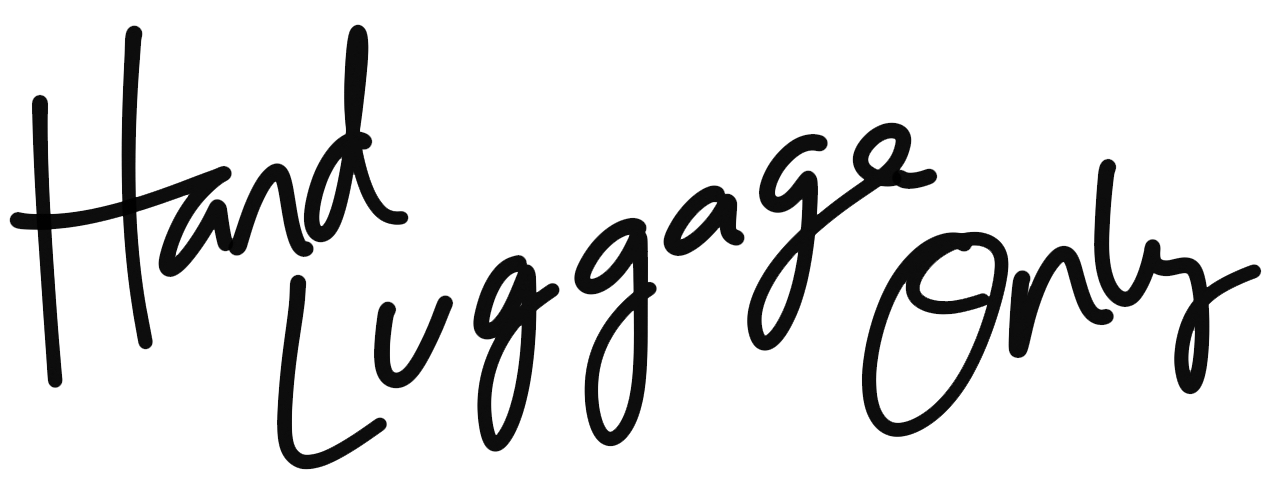It’s been a while since I’ve written one of these kinds of posts that I almost don’t even know where to begin.
I’m a bit of a rambler and so I guess I’ll just go ahead and do that but this is something that has been playing on my mind recently and I just had to share it.


See there’s something in each and every one of us that just makes us never want to be blamed for doing anything wrong. Maybe it stems from being caught out doing something wrong as kids and knowing if you were found responsible or accountable for said-thing, you might get in trouble.
Like, no judgement here – we all have it in us and in a lot of ways, it can a good thing. We don’t want to be blamed for doing the wrong thing and so, for the most part, we don’t do the wrong thing (clearly it goes without saying that there are also lots more reasons for not doing the wrong thing – this is just one of them). Thing is though, we’re all human and we all make mistakes.
Alas, this little habit kinda of blame avoidance stays with us as we get old, festering and growing stronger as we mature into adults, except unlike a kid who perhaps didn’t think before walking around the house in muddy boots, had no chill when deciding to scribble over their bedroom walls or just didn’t want to own up to breaking some ornamental piece of porcelain, refusing to be accountable as adults has much bigger consequences (which goes even beyond just material things).


Thing is, none of us are perfect and so at some point, will have made mistakes or done something ‘wrong’. Mistakes or wrongdoings made and never acknowledged mean that they can be swept under the rug and forgotten. Making it someone or something else’s fault immediately absolves us of guilt and leaves us feeling free. Thing is though, it’s such a short-term gain.
I get it. It’s just so much easier to blame someone/something else.
It’s someone else’s fault why we didn’t get the jobs we wanted.
Our work didn’t receive top marks in school so perhaps somehow it’s our teacher’s fault for being biased.
Instagram is playing around with algorithms so (and this applies perhaps moreso to bloggers than personal users) somehow it’s Instagram’s fault why the audience reach is limited and your photo didn’t quite get the likes you wanted.
It’s your colleague’s fault that the team project got submitted with errors unchecked.
And yes, sometimes it is someone else’s fault however a lot of the times, we don’t even take a moment to think about how we might also be culpable for certain situations we find ourselves in.


We’d much rather go for the short-term solace of blaming someone else (which actually in the long-term just leaves us feeling weak, powerless to change the situation and victimised) that we would to take a quick moment to stop to think about how perhaps we could have done something different to change the outcome into something we wanted.
Now, I feel like before I carry on I do need to caveat this and state it very loudly. Some things are DEFINITELY not your fault. Some stuff you just have no culpability and can’t control the outcome. This isn’t about accepting blame and then feeling bad about it. This isn’t even about blame really. It’s about taking back power.


When you moan about the government that doesn’t do what you want – do something about it in the next elections. Use your newfound insight to ask the right questions before voting and choose someone who does represent what you want and believe in.
You didn’t get the job you wanted. Don’t blame the company. Employees are subjective. People are fickle. Chances are that if you didn’t get the job, it probably wasn’t something right for you (or perhaps not just yet). If you do really want it then take a moment to stop and think about what you would have done differently. Ask for feedback. Try to find out what the gap was between their expectation and what you delivered.
Maybe even take a moment to stop and think if you’re even the right fit for this role. Will this position make you happy? (*Again, I need to caveat this – some jobs are just necessities to help you survive and pay the bills, I get that. Not everyone has the luxury of doing whatever they feel like. You do you – at the end of the day, your choices should at least make you satisfied/comfortable).
Instagram is hiding your photos. Perhaps the algorithm is showing that people aren’t responding to what you’re posting. It’s got nothing to do with your talent or even whether or not people like or dislike you. If you look back, you can see the stuff that people do respond to and like.
Take a moment to try to figure out what that stuff is. If the likes and stuff don’t matter to you (and kudos to you – it’s definitely liberating to not depend on ‘likes’ for your happiness) then feel free to do nothing about it. If it does, however, matter to you, then take a moment to figure out what people do want to see and how you can showcase your stuff more in a way that people respond to.
I could go on and on with examples here but the main point I’m making here is that sometimes if you do certain things differently, you can expect a different outcome. You can’t control the world around you. You can control how you react to it. You can on some extent control what you put out there into the world. And this only comes when you take some accountability for the part you’re playing in this.
Taking ownership and being accountable allows you to look inwards at ways you could do things differently and change the outcome you want.
Going for a job interview where you feel accountable means that you’ll not only try in advance to figure out, not just want the company wants but how biased it might be and indeed if that bias means this a place you might not even want to work in. It changes the way you approach the situation and actually helps you realise the amount of value you’re bringing to the table.
I remember going for an interview at an investment bank where both interviewers were absolutely awful to me. One took the whole interview to a personal level and almost resorted to cheap insults – like I would say why I wanted to work for the company and he would call me a liar saying their company was crap – this was a big US Investment Bank, by the way, – and insist I give him some other answer.
Every question was an opportunity for him to belittle me and the entire time, I just remember trying to impress him. It wasn’t till the moment I stepped out of that interview that I realised I would never want to work with someone like that. That would be a nightmare of a job.
Irony is, before I left that room, if I was made an offer there and then, I probably would have accepted it. (I would still have regretted it after but I’m pretty sure at the time I would have taken it).
Oh, and the other guy was literally so exhausted, he fell asleep right in the interview. Like full-on, eyes-closed light-snoring afternoon napping. Clearly over-work and unhappy, this was another warning sign that I chose to ignore. The point here is not every opportunity is meant for you, it’s okay to step away from something which won’t make you happy.


But back to my original point, taking accountability means you can actually take back a bit more control, change the conversation and make a difference. It means you can actually stop and acknowledge when you’ve made a mistake and, if that mistake made you feel bad, look to make changes to avoid this in the future.
Taking accountability leaves you feeling so much stronger, more empowered and actually making a difference where it counts so don’t be afraid of the shame or discomfort that comes with admitting you were wrong. Take it, embrace it – it’s going to be the thing that makes you want to do the right thing next time and hopefully make a positive impact in not just your life, but in the life of those around you.
Check Out The Very Best Of Great Britain!

















